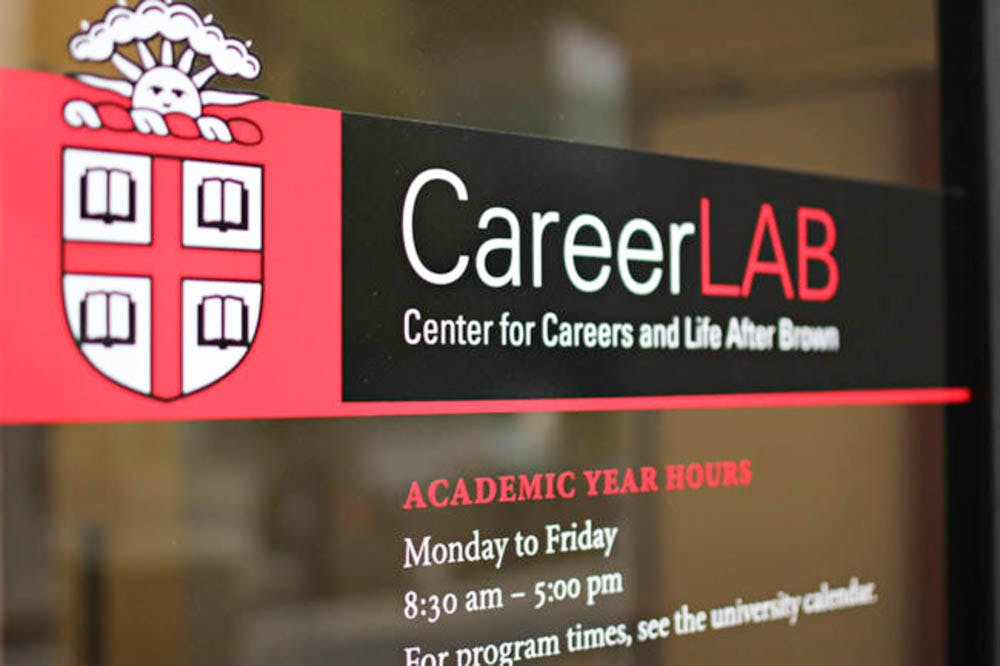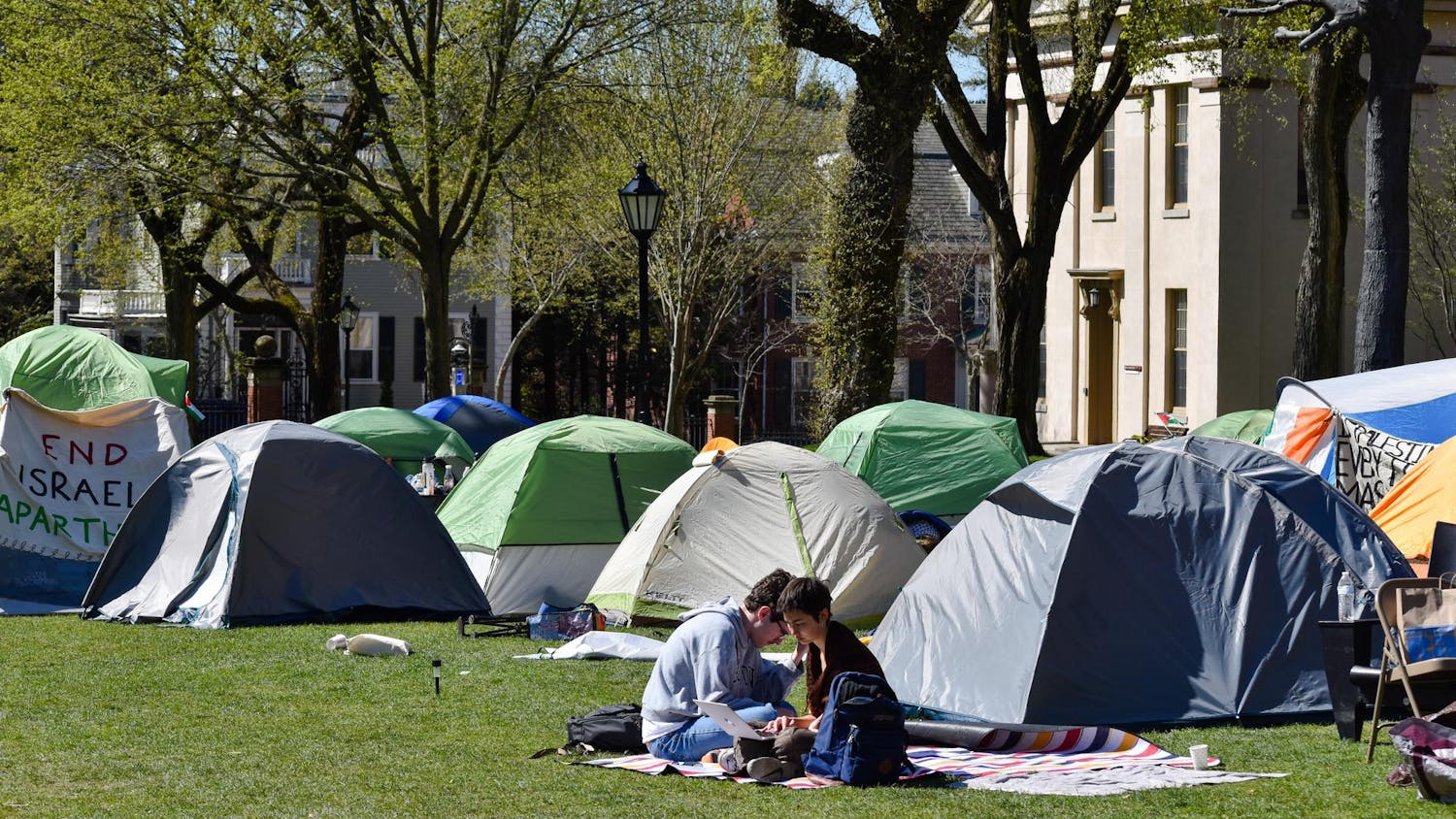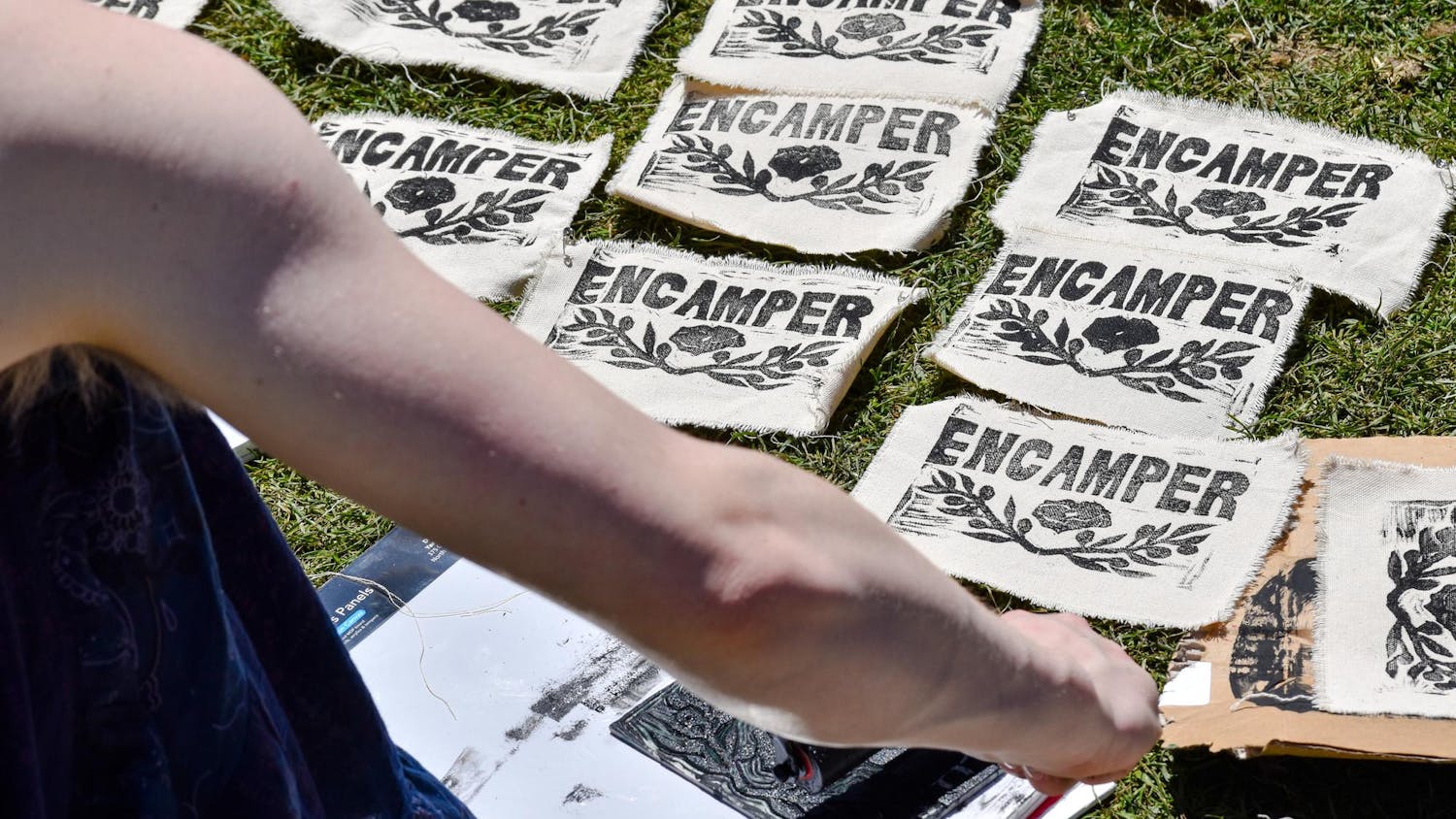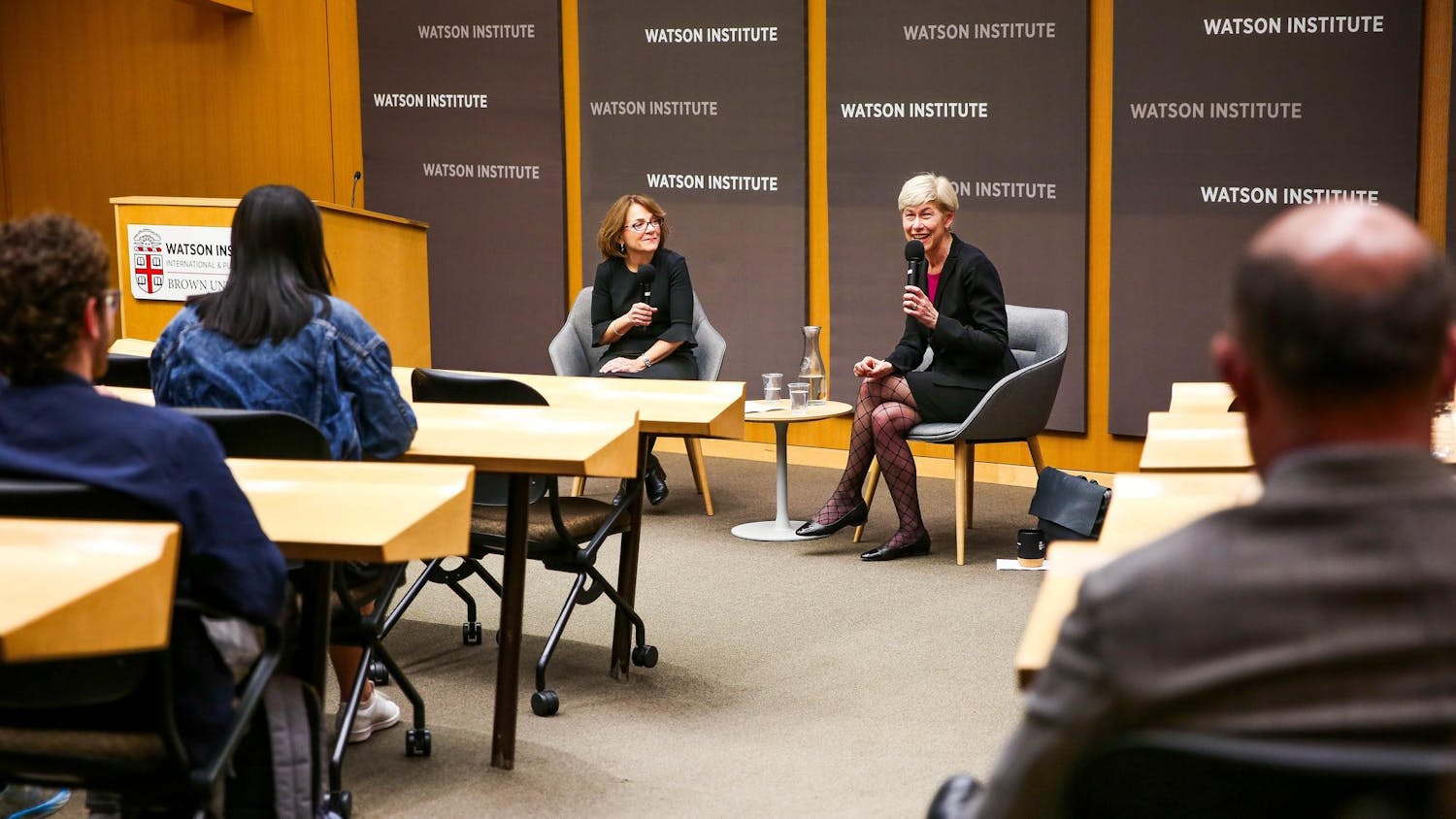In total, 476 students received a Brown Connect Collaborative SPRINT award as part of a University initiative to fund remote student research opportunities in response to the COVID-19 pandemic.
As of June 30, 228 SPRINT awards were given to students with external internships, 208 for faculty collaborations and 40 for community partnership experiences. The number of awards given is likely to increase as funding is provided to some students on the waitlist, but is unlikely to exceed 500, Director of CareerLab Matthew Donato wrote in an email to The Herald.
The SPRINT awards, or “short-term projects for research, internships and teaching,” were created to help students find “opportunities that can be carried out remotely” and to “create new, flexible, shorter-term options to support a greater number of students,” according to CareerLAB’s website. The awards offer $2,000 stipends to recipients, with an additional $1,000 automatically awarded to students "with high demonstrated financial need," according to the website.
Over 1,600 individual students applied for SPRINT awards in May, with decisions released June 16. As the application allowed students to list multiple choices, many applied for multiple opportunities, with more than 1,900 applications submitted altogether. According to Donato, one of the individuals in charge of reviewing applications, many students were also waitlisted. “It’s not a small waitlist and I don’t know that we’ll necessarily be awarding many SPRINT awards to students on the waitlist,” he said. “We had a high percentage of students who received awards actually accept those awards.”
Over 200 unique positions were offered on BrownConnect for students to collaborate with faculty members or community partner organizations. Additionally, students were able to apply for funding for their own unpaid internships or research opportunities elsewhere.
The program was developed by the University in partnership with CareerLAB, the Sheridan Center for Teaching and Learning and the Swearer Center for Public Service.
According to Besenia Rodriguez, senior associate dean for curriculum, the idea for the awards — and the wide scope of opportunities to which they could be applied — came largely in response to what she and her colleagues “were hearing from students about how their opportunities for summer … were being changed quite dramatically, and in many cases offers were rescinded for internships or even for jobs.”
“One very unique part of this program was that it was open to seniors who just graduated in May,” Rodriguez said. “The purpose for that is because we knew that the economic impact of the pandemic was having a strong effect on students who were just graduating in terms of their career prospects,” she added.
Victoria Rose ’23 applied for three SPRINT opportunities with faculty partners, as well as for funding for two outside opportunities she found on BrownConnect, but did not receive an award.
“The way that they advertised it, I kind of expected to get something, so I was a little surprised that I didn’t get anything at all,” Rose said. She is “desperately trying to find a job, which there are none of,” while she remains in Providence, Rose added.
According to Donato, the review committee “did prioritize students with demonstrated financial need, particularly some of our highest need students.”
“I definitely agree that they should do whatever they can to prioritize … low-income people,” Rose said. Since the SPRINT committee did prioritize based on need, Rose said she supported a committee making the final decisions for each opportunity, rather than the individual faculty members leading specific projects. “If that means not letting the faculty or whoever make the decision, then that’s fine,” she said.
In the application review process, nearly 30 reviewers examined applications and submitted ratings of students’ proposals. The reviewers prioritized students’ applications that demonstrated the opportunity would impact their learning and development, Rodriguez said. While faculty and community partners were sent information about finalists and were able to provide their feedback or preferences, the final decision was made by the SPRINT committee.
Mamiko Yajima, an assistant professor of molecular biology, cell biology and biochemistry, offered a SPRINT opportunity doing informatics analyses of proteins of interest. She did not have access to her finalists’ records “but was given short comments written by each student to identify the possible best match,” she wrote in an email to The Herald.
Li-Qiong Wang, a senior lecturer in chemistry whose SPRINT opportunity focused on developing interactive lab videos, received nine finalists to give feedback on. “I got (a) very good pool,” she said. Ultimately, two students were accepted for Wang’s opportunity.
Wang plans on having weekly meetings with her team, which also includes two UTRA recipients and one volunteer, to develop the videos. Despite the distance, she still hopes for “them to have a group bonding,” she said.
Malery Nguyen '21 applied for one faculty collaboration in the American Studies department and another in the History department. She was initially waitlisted, but received an email on June 23 that she was taken off the waitlist and had gotten her first-choice opportunity.
Nguyen said she wished there was more open communication in the application process. "I'm on pretty significant financial aid, and some of my friends are as well," she said. "When I got waitlisted and they got the SPRINT I was like, 'Oh, maybe my application was really bad.'" Nguyen would like more information on "how CareerLAB went through the applications because ... it felt kind of rushed."
“It definitely has helped me feel more financially supported for the summer,” Nguyen said. But she still may take on a part-time job “ to make up for other expenses,” she said.
Donato acknowledged that the funds offered fell short of student demand. “We know that sometimes (SPRINT funding) … isn’t adequate to cover all a student’s costs, but we know it can certainly make a difference in a student being able to take a learning opportunity,” Donato said. He thinks the overwhelming interest in the program “highlights that we need to continue making these programs as accessible as possible for students, (and) we need to continue … raising more money to be able to fund more of these opportunities,” he said.

Jack Walker served as senior editor of multimedia, social media and post- magazine for The Herald’s 132nd Editorial Board. Jack is an archaeology and literary arts concentrator from Thurmont, Maryland who previously covered the Grad School and staff and student labor beats.





